The views expressed in our content reflect individual perspectives and do not represent the authoritative views of the Baha'i Faith.
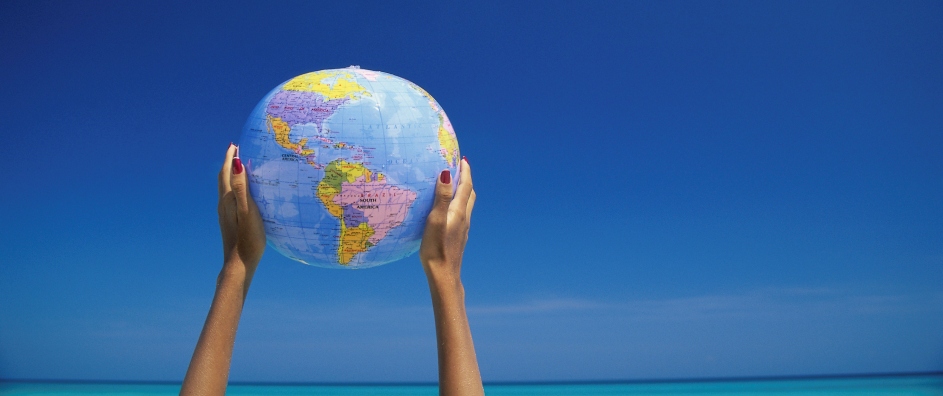 Today Baha’is around the globe recognize and honor the United Nations’ International Day of Democracy, meant to promote, consolidate and strengthen democratic government and the will of the world’s people.
Today Baha’is around the globe recognize and honor the United Nations’ International Day of Democracy, meant to promote, consolidate and strengthen democratic government and the will of the world’s people.
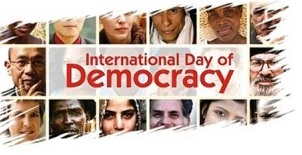 The Baha’i Faith, called “the democratic religion” by many observers, has no clergy or appointed leadership. Baha’is democratically elect those who serve on local, regional, national and international Baha’i leadership bodies.
The Baha’i Faith, called “the democratic religion” by many observers, has no clergy or appointed leadership. Baha’is democratically elect those who serve on local, regional, national and international Baha’i leadership bodies.
That spirit of openness, egalitarianism and freedom comes directly from Baha’u’llah, who urged the world’s kings and rulers to adopt democratic forms of government; severely criticized religious and political leaders who ruled in autocratic and tyrannical ways; and called on every world leader to respect the will of the people. In the early part of the Twentieth century Abdu’l-Baha spread Baha’u’llah’s message of modern democracy to all parts of the globe, encouraging people to advocate for fairness and justice:
Do not yield to the overwhelming power of tyranny and despotism. Serve the cause of democracy and freedom. Continue your journey to the end. The bright day is coming. The nucleus of the new race is forming. The harbinger of the new ideals of international justice is appearing. The trees of hope will become verdant; the copper of scorn and derision will be transmuted into the gold of honor and praise; the arid desert of ignorance will be transformed into the luxuriant garden of knowledge; the threatening clouds shall be dispelled and the stars of faith and charity will again twinkle in the clear heaven of consciousness. – Abdu’l-Baha, Baha’i Scriptures, p. 548.
Actually, the United Nations’ statement for the International Day of Democracy expresses the Baha’i values on the issue quite accurately:
Democracy is a universal value based on the freely expressed will of people to determine their own political, economic, social and cultural systems and their full participation in all aspects of their lives…. The ability of people to raise their voices and decide how they are governed lies at the heart of democracy.
Baha’is believe that democracy represents the spirit of the age, and that it will continue to emerge in a process of social change eventually destined to characterize a new, unified and representative world order. In fact, that historical process is already underway — democracy has become the prevailing form of national governance during the 150 years since Baha’u’llah began to proclaim the Baha’i teachings. In 1863, when the Baha’i Faith began, very few nations had democratic forms of government with universal participation and suffrage. Women and minorities could not vote. Royalty ruled much of the world, and corruption, oppression and despotism were the result.
Since then, the Baha’i values of freedom, the equality of men and women, the abolition of all prejudice, upholding human rights and universal participation in free and fair elections have all spread to many corners of the world. The Democracy Index, compiled each year by The Economist, now estimates that approximately half of the world’s populace lives in democratic nations. The world has made progress – but still has much progress left to accomplish.
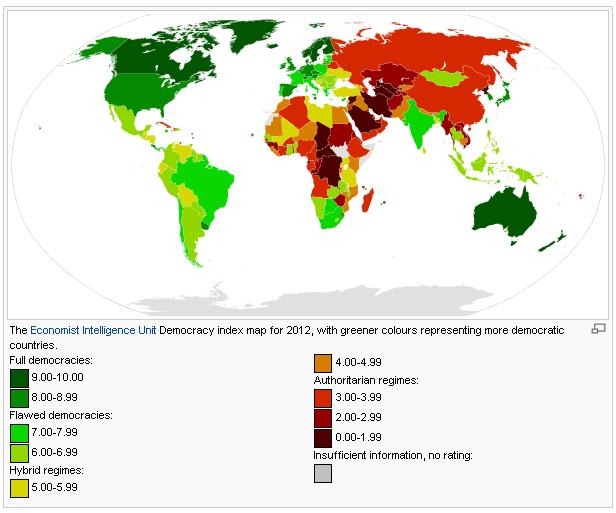 The Baha’i teachings refer to that process as “upsetting the equilibrium” of the ancient institutions of mankind. Beginning in 1948, the Universal Declaration of Human Rights and then, in 1966 the International Covenant on Civil and Political Rights have both enshrined democratic values in profound aspirational documents, and increasingly governments whose equilibrium has shifted have granted their citizens these vital and fundamental rights:
The Baha’i teachings refer to that process as “upsetting the equilibrium” of the ancient institutions of mankind. Beginning in 1948, the Universal Declaration of Human Rights and then, in 1966 the International Covenant on Civil and Political Rights have both enshrined democratic values in profound aspirational documents, and increasingly governments whose equilibrium has shifted have granted their citizens these vital and fundamental rights:
The will of the people shall be the basis of the authority of government; this will shall be expressed in periodic and genuine elections which shall be by universal and equal suffrage and shall be held by secret vote or by equivalent free voting procedures. – The Universal Declaration of Human Rights, Article 21(3).
Democratic movements in countries with authoritarian regimes – which now represent about a third of the world’s populace – have riveted the world’s attention and continue to grow. Even in countries where long-term autocratic traditions mitigate against change, the process of equilibrium shift has begun.
Baha’is believe that this tectonic movement in the fortunes of humanity, this new spiritual impetus toward peace, unity and freedom, will continue, will accelerate and will eventually prevail. The process, Baha’u’llah promised, will prove irresistible, provoking a complete regeneration of all reality, a march toward human maturation. Gradually, the Baha’i Writings promise, despots and authoritarian rulers will give way to the spirit of the age and be replaced by democratic, representative governments.


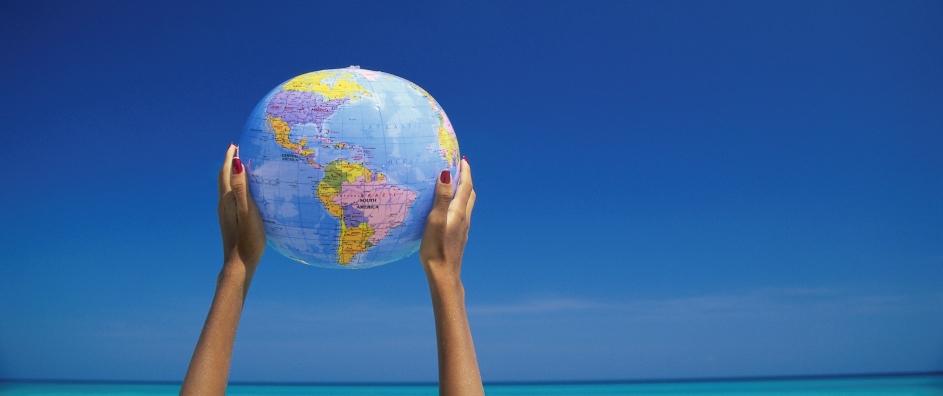

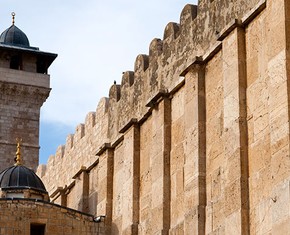

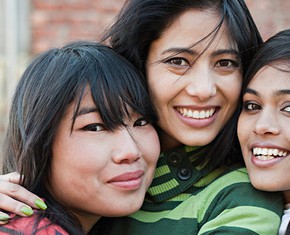









Comments
Sign in or create an account
Continue with Googleor